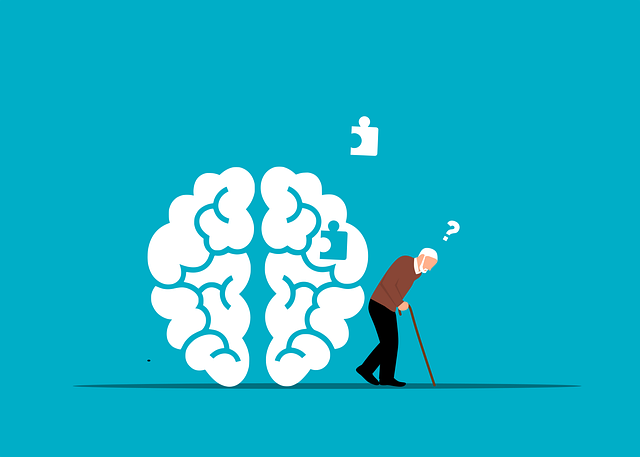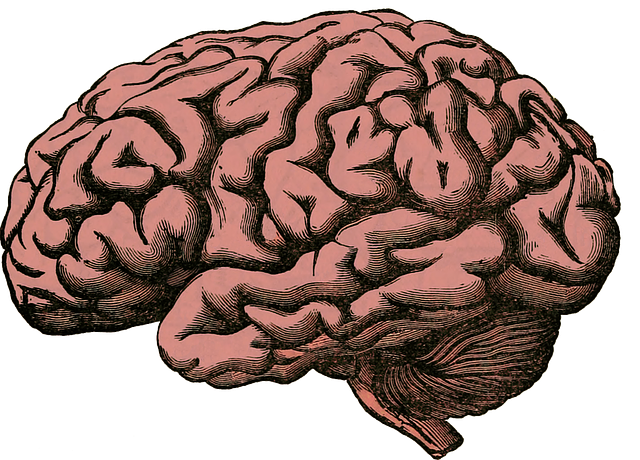Mental health advocacy in Littleton is transforming lives through innovative ASL therapy, integrating American Sign Language into mental health services for deaf and hard-of-hearing individuals. This inclusive approach breaks down barriers, empowers those with hearing impairments, and drives public awareness campaigns catering to diverse mental health needs. The Littleton ASL Therapy program, through community engagement strategies like workshops and events, provides comprehensive mental wellness support that is culturally sensitive and effective. These initiatives enhance individual lives, foster healthier communities, reduce stigma, and improve mental health outcomes.
Mental health advocacy initiatives play a pivotal role in creating supportive communities and improving access to care. This article explores various aspects of advocacy, including the significance of understanding mental health issues and who benefits from targeted support. We highlight innovative approaches like Littleton American Sign Language (ASL) therapy, offering unique solutions for diverse populations. Furthermore, we discuss strategies for building community engagement and present inspiring success stories showcasing the profound impact of mental health advocacy on individuals and societies.
- Understanding Mental Health Advocacy: Why It Matters and Who Does It Affect?
- Littleton American Sign Language (ASL) Therapy: A Unique Approach to Support
- Building Community Engagement: Strategies for Effective Mental Health Advocacy Initiatives
- Success Stories: The Impact of Mental Health Advocacy Programs on Individuals and Societies
Understanding Mental Health Advocacy: Why It Matters and Who Does It Affect?

Mental health advocacy initiatives play a pivotal role in fostering understanding and breaking down stigmas associated with psychological well-being. It involves championing for the rights, needs, and recognition of individuals grappling with mental health challenges, ensuring they receive adequate support and care. At its core, advocacy is about amplifying voices often left unheard and driving positive change through public awareness campaigns development.
In Littleton, American Sign Language (ASL) therapy serves as a powerful tool within this advocacy landscape. By incorporating ASL into mental health services, professionals are reaching out to the deaf and hard-of-hearing community, ensuring they have access to emotional intelligence resources and mindfulness meditation techniques. This inclusive approach addresses the unique challenges faced by these individuals, promoting broader public awareness campaigns that cater to diverse mental health needs.
Littleton American Sign Language (ASL) Therapy: A Unique Approach to Support

In the realm of mental health advocacy, innovative approaches are constantly being developed to support individuals seeking healing and well-being. One such unique initiative is the Littleton American Sign Language (ASL) Therapy program. This therapeutic method recognizes the power of non-verbal communication in fostering emotional healing processes among individuals who might find traditional talk therapy challenging. By incorporating ASL into mental health services, practitioners aim to create a safe and inclusive environment for those who are deaf or hard of hearing, ensuring they receive the necessary support.
The Littleton ASL Therapy goes beyond simple translation; it integrates Self-Awareness Exercises tailored specifically for the Deaf and Hard of Hearing community. This approach not only facilitates open dialogue but also encourages individuals to explore their emotions and thoughts in a culturally sensitive manner. By combining American Sign Language with evidence-based practices, mental health professionals can effectively conduct risk assessments, providing comprehensive care that addresses both the cognitive and non-verbal aspects of emotional well-being.
Building Community Engagement: Strategies for Effective Mental Health Advocacy Initiatives

Building community engagement is a vital strategy for effective mental health advocacy initiatives. One innovative approach that has gained momentum is incorporating accessible communication methods like American Sign Language (ASL), as demonstrated by Littleton American Sign Language Therapy. By offering workshops, events, and resources focused on teaching ASL basics, these initiatives break down language barriers and foster understanding among diverse communities. This inclusive practice not only enhances public awareness campaigns but also promotes early intervention and support for individuals facing mental health challenges.
Additionally, integrating Mental Wellness Coaching Programs and Crisis Intervention Guidance can further strengthen community engagement. These programs empower individuals to take charge of their mental wellness while providing crucial guidance during crises. By involving community leaders, peers, and advocates in the development and implementation of these initiatives, we create a network of support that resonates deeply with those facing mental health issues, ultimately enhancing the effectiveness of advocacy efforts.
Success Stories: The Impact of Mental Health Advocacy Programs on Individuals and Societies

Mental health advocacy initiatives, such as those focusing on American Sign Language (ASL) therapy, have shown remarkable success in improving individuals’ lives and fostering healthier societies. Programs like Littleton ASL Therapy exemplify the power of early intervention and specialized support. By incorporating self-awareness exercises and emotional well-being promotion techniques into their design, these initiatives not only enhance communication for those with mental health challenges but also build resilience within communities.
The impact is multifaceted: individuals gain crucial tools for managing their emotional states, leading to improved mental health outcomes; societies benefit from increased understanding and reduced stigma associated with mental illness. Mental Health Education Programs that include ASL therapy have been shown to empower individuals to seek help sooner, ultimately reducing the societal burden of untreated mental health conditions. This holistic approach underscores the importance of tailored programs in promoting overall well-being.
Mental health advocacy initiatives, such as Littleton American Sign Language (ASL) Therapy, play a pivotal role in fostering inclusive communities. By understanding the importance of mental health support for diverse populations, we can develop effective strategies like those outlined in this article. Building community engagement and sharing success stories highlight the profound impact these initiatives have on individuals and societies, ultimately revolutionizing mental healthcare accessibility.














